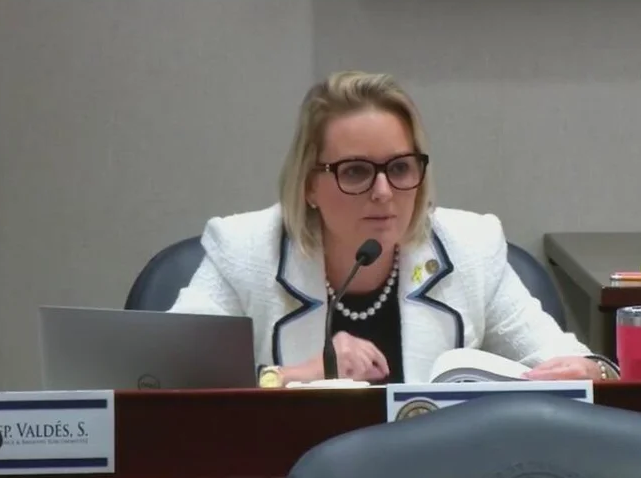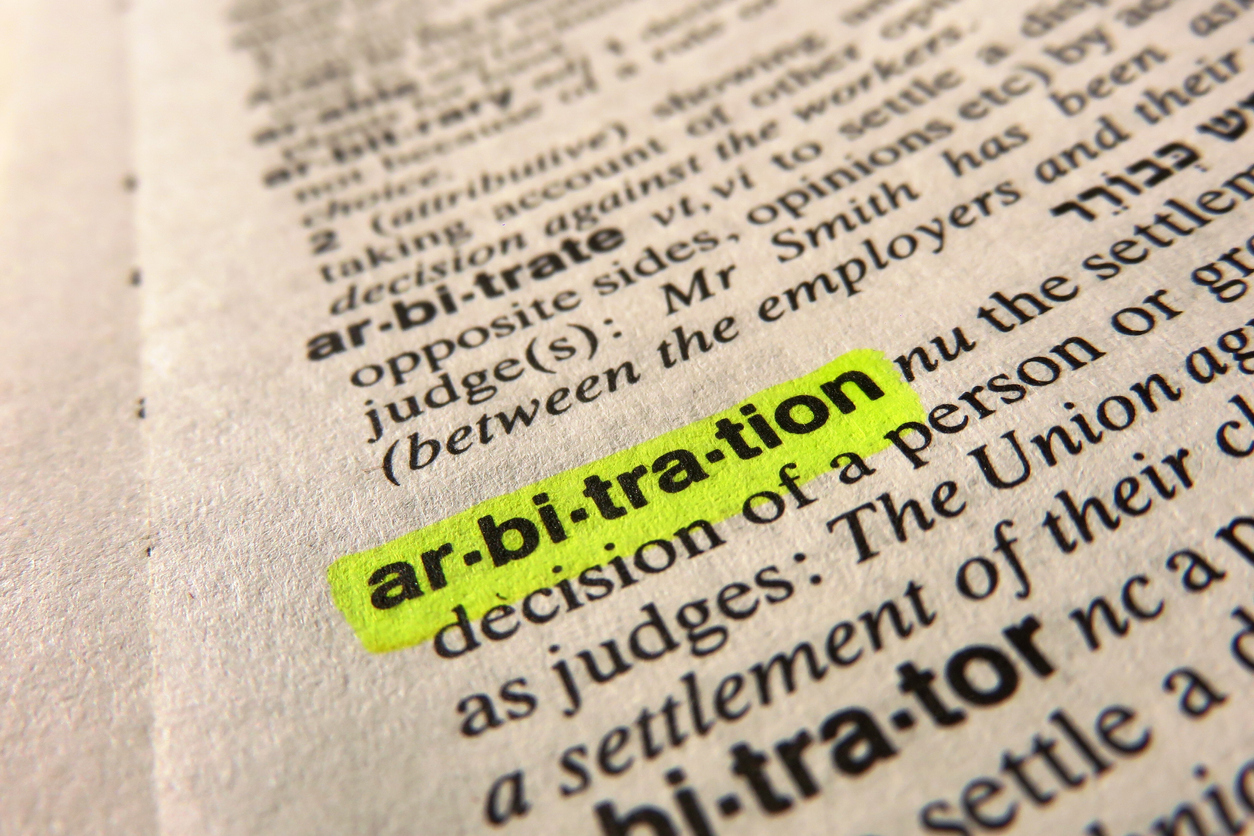In property insurance claims, insurers will often pay for repairs at actual cash value (withholding depreciation) and inform the policyholder that once the repairs are actually made or contracted for they will pay the holdback amount and receive the replacement cost value (“RCV”). In Florida, residential policyholders insured under replacement cost value policies are entitled to payment at RCV without the holdback and without the further restrictions. There is a recent Florida case on this point.1
The insurance policy provided for replacement cost coverage for any direct physical loss, unless caused by an enumerated exception. The policy provided in relevant part:
3. Loss Settlement. Covered property losses are settled as follows:
b. Buildings under Coverage A or B at replacement cost without deduction for depreciation, subject to the following:
(1) If, at the time of loss, the amount of insurance in this policy on the damaged building is 80% or more of the full replacement cost of the building immediately before the loss, we will pay the cost to repair or replace, after application of deductible and without deduction for depreciation, but not more than the least of the following amounts:
(a) The limit of liability under this policy that applies to the building;
(b) The replacement cost of that part of the building damaged for like construction and use on the same premises; or
(c) The necessary amount actually spent to repair or replace the damaged building.
The policyholder sustained damage from a storm to the roof of the residence and claimed damage to the interior of her home. The policyholder made temporary roof repairs and hired a roofer to inspect the damage and he determined a full roof replacement was necessary.
The insurance company paid undisputed insurance benefits of $3,944.30 (after the deductible) and rejected any additional funds per the policyholder’s estimates. The policyholder filed a lawsuit to recover the full damages from the insurance carrier. The insurance carrier filed a Motion for Summary Judgment claiming that while the policyholder signed a contract with a roofer, it did not list the “specifications, property conditions, amount to be charged for repair and the scope of the work.” According to the insurer, the policyholder failed to provide evidence of damages and breach of contract. After conducting a hearing, the trial court entered an order granting the insurance carrier’s motion for summary judgment. In its order, the trial court found that the policyholder “has not submitted any evidence that she hired a general contractor, become contractually obligated to pay for such costs or spent any money for repairs or replacement.” Relying on Trinidad v. Florida Peninsula Insurance Company,2 the trial court concluded in pertinent part as follows:
[S]he has failed to become contractually obligated to repair the property and has not spent any money to repair the property and seeks recovery on an estimate from an individual who is not a licensed general contractor or roofing contractor. The evidence of record at this point is devoid of any evidence to support Plaintiff’s damage claim.
The appeal followed that ruling. The Florida First District Court of Appeal noted that Florida Statute Section 627.7011(3) provides “[i]n the event of a loss for which a dwelling or personal property is insured on the basis of replacement costs, the insurer shall pay the replacement cost without reservation or holdback of any depreciation in value, whether or not the insured replaces or repairs the dwelling or property.”
The appellate court noted that the Florida Supreme Court recently held the insurer was not authorized to withhold replacement cost payment until the insured actually incurred the costs.3 The Florida Supreme Court in Trinidad examined the language of Florida Statute Section 627.7011, considered the legislative intent, and concluded that “it is immaterial in a replacement cost policy whether the damaged structure is replaced or repaired.” “Instead, the statute requires the insurer in all cases to pay the replacement costs of the covered loss….” The Court also ruled that the parties’ insurance policy did not authorize the insurer to withhold payment until the insured actually incurred the expenses, and that a contrary interpretation of the policy would contravene Section 627.7011. The Florida Supreme Court in Trinidad quashed the lower court decision.
The appellate court in Haynes noted that the trial court relied on the fact that the policyholder neither incurred expenses to repair or replace her roof, nor contracted to do so. The Haynes court held that:
The only authority the trial court cited in support of its determination was the Third District’s Trinidad opinion, which the Florida Supreme Court has since quashed. The applicable statutory and insurance policy provisions in this case are identical to those in Trinidad, and in both cases the insurer made a payment to the insured, but refused to pay the entire claim on the ground that the insured had not actually incurred expenses or contracted to repair or replace the damaged property. Because the Florida Supreme Court held that the insurer is not entitled to withhold replacement cost payments until the insured actually incurs the expenses or enters into a contract, the trial court erred by granting summary judgment in Appellee’s favor on the basis that Appellant did not incur expenses and did not enter into a contract to repair or replace her damaged property.
This is an important decision in property insurance claims, particularly as it relates to whether insurance carriers appropriately paying the residential policyholders in their claims when they are insured for RCV. If there is ever a question about whether you have been paid appropriately in your property insurance claim, please consult experienced representatives to review the scenario without hesitation.
1 Haynes v. Universal Prop. & Cas. Ins. Co., 2013 WL 4779595 (Fla. 1st DCA Sept. 9, 2013).
2 Trinidad v. Fla. Peninsula Ins. Co., 99 So.3d 502 (Fla. 3d DCA 2011).
3 Trinidad v. Fla. Peninsula Ins. Co., 2013 WL 3333823 (Fla. July 3, 2013).



